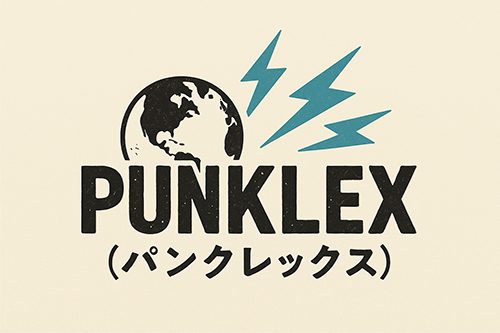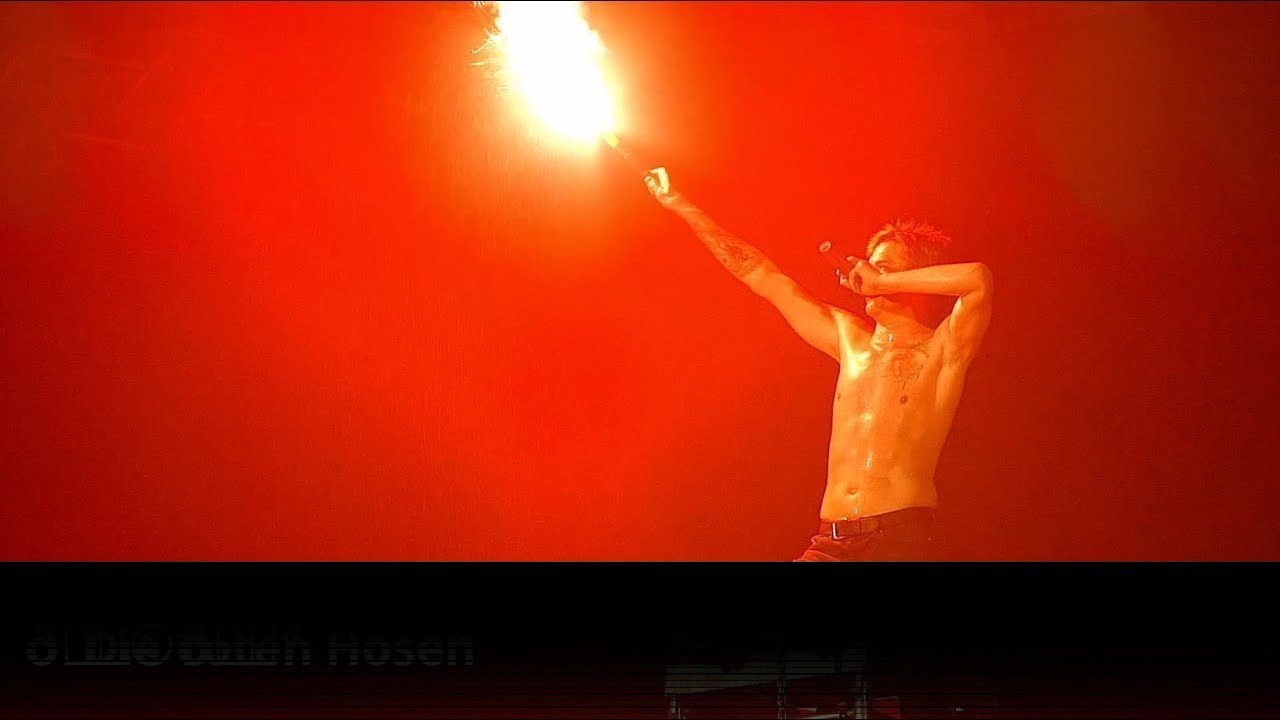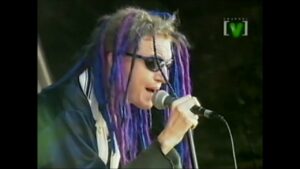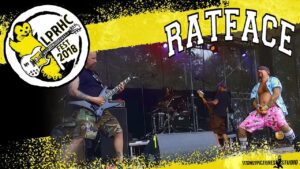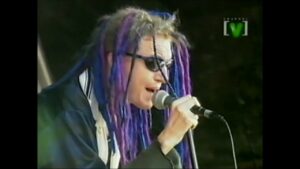Formation & Members
Die Toten Hosen, one of Germany’s most iconic punk bands, was formed in 1982 in Düsseldorf. The band’s original lineup included Campino (Andreas Frege) on vocals, Andreas von Holst (Kuddel) and Michael Breitkopf (Breiti) on guitars, Andreas Meurer (Andi) on bass, and Trini Trimpop on drums. Over the years, the band has seen some changes in its lineup, with Trini Trimpop being replaced by Wolfgang Rohde in 1985, and later, in 1999, Vom Ritchie took over the drumming duties. Despite these changes, the core members—Campino, Kuddel, Breiti, and Andi—have remained constant, contributing to the band’s longevity and consistency in sound.
Musical Style & Characteristics
Die Toten Hosen’s music is a dynamic blend of punk rock with a hearty dose of hardcore energy, characterized by fast tempos, powerful guitar riffs, and anthemic choruses. Their lyrical content often addresses social and political issues, delivered with a blend of humor and earnestness that resonates with a broad audience. The band’s ability to combine catchy melodies with punk aggression has been one of their defining traits, making their music both accessible and impactful. Their live performances are legendary for their raw energy and the band’s ability to engage and energize the crowd, a testament to their punk roots and their evolution into a band capable of filling arenas.
Key Works & Discography
Die Toten Hosen’s discography is extensive, reflecting their prolific career and evolution as a band. Their debut album, “Opel-Gang” (1983), set the stage for their rise in the German punk scene with its raw energy and punk ethos. Subsequent albums like “Unter falscher Flagge” (1984) and “Damenwahl” (1986) solidified their reputation as punk stalwarts. However, it was their 1988 album, “Ein kleines bisschen Horrorschau,” which included the hit single “Hier kommt Alex,” that broke them into mainstream success, thanks in part to its connection to the musical adaptation of “A Clockwork Orange.”
Throughout the 1990s and 2000s, albums like “Kauf MICH!” (1993), “Opium fürs Volk” (1996), and “Auswärtsspiel” (2002) showcased their ability to evolve musically while maintaining their punk roots. The band’s later works, including “Ballast der Republik” (2012) and “Laune der Natur” (2017), continued to find both critical and commercial success, demonstrating their staying power and relevance in the music industry.
Influence on Other Bands/Scenes
Die Toten Hosen have been a significant influence on both the German punk scene and the broader European punk movement. Their success in Germany paved the way for other punk and rock bands to gain visibility and credibility within the mainstream music industry. Bands such as Die Ärzte have cited Die Toten Hosen as an influence, and their commitment to addressing political and social issues in their music has inspired countless other musicians to incorporate similar themes into their work.
Internationally, Die Toten Hosen have contributed to the perception of German punk as a vibrant and influential genre, capable of producing world-class acts that resonate beyond language barriers. Their tours across Europe and other parts of the world have helped spread their music and the punk ethos they embody.
Breakups or Reunions
Unlike many bands that have experienced multiple breakups and reunions, Die Toten Hosen have remained remarkably stable throughout their career. While they have taken breaks to focus on other projects or recuperate from extensive touring, they have never officially disbanded. This stability has been a crucial factor in their ability to maintain a consistent presence in the music world, allowing them to build a loyal fanbase that spans generations.
Current Reputation & Legacy
Today, Die Toten Hosen are regarded as legends in the punk rock genre, both within Germany and internationally. Their reputation as a band that never compromised on their principles, even as they achieved mainstream success, has earned them immense respect from fans and musicians alike. Their influence extends beyond music; they have become symbols of cultural resistance and artistic integrity.
The band’s legacy is marked by their contributions to the punk genre’s evolution, from their early days as a pure punk band to their later work that incorporated diverse musical influences. They have proven that punk rock can be both rebellious and commercially successful without losing its essence.
Conclusion
In conclusion, Die Toten Hosen’s journey from the punk clubs of Düsseldorf to international stages is a testament to their talent, resilience, and commitment to their craft. Their music continues to inspire new generations of punk fans, and their influence on the genre is undeniable. As they continue to perform and release new music, Die Toten Hosen remain a vital and dynamic force in the world of punk rock, embodying the spirit of defiance and creativity that defines the genre.
